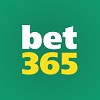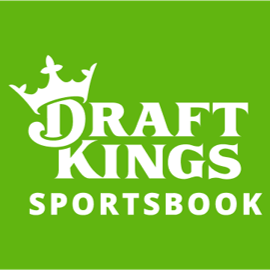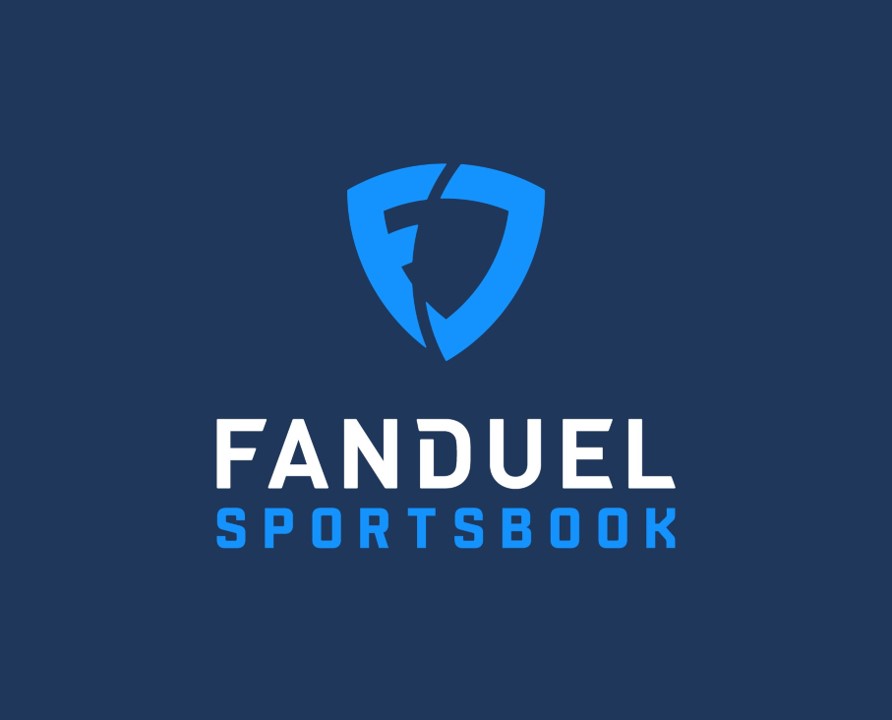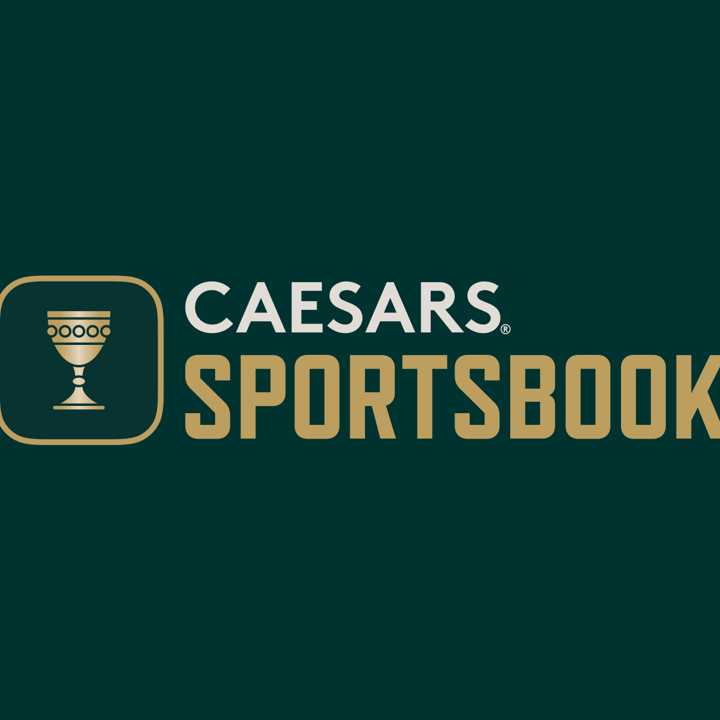If you’ve spent any time placing sports bets you’ve probably heard the term “juice” before. What is juice in betting? What does that exactly mean and why should you bother learning what juice is? Let’s dive in and give you everything you need to know to understand juice.
What Does Juice Mean In Sports Betting?
Juice in sports betting, also known as vig, is the cut that a sportsbook keeps for taking your bet. If you place a friendly $100 wager with your friend, the winner gets $100. If you placed a bet on a point spread with a sportsbook, you would have had to risk $110 to win $100.
That means the sportsbook is getting a $10 cut regardless of what side you bet. That vig or vigorish adds up quickly over time. Juice is the primary way a book will take a cut of the betting action.






What is 10% Juice?
If you are new to sports betting, learning about the juice amount is important to understand your payouts and how much you need to wager. Let’s take a bet at -110 odds. A bettor would need to place a $110 wager to win $100. The juice on that bet would be 10% because that’s the cut going to the book.
If the odds were up to -120, the juice would be 20%. We will dive into how to calculate juice later in this guide.
Why does sports juice matter?
Juice will cut into your profits in the long run. If you only placed bets with -110 odds, you would need to win 52.4 percent of those bets to break even. So going .500 on your NFL spread picks will lose you money.
Examples of Juice in sports betting
A bettor will see the juice in all types of bets including spreads, totals, and even a player prop. An easy way to spot the juice or vig is if both sides are negative odds. For example, it’s common to see both sides of a point spread be -110.
For a player prop, you could see more juice on one side than the other. Here’s an example with Donovan Mitchell and made 3-pointers.
- Over 3.5 made threes (+135)
- Under 3.5 made threes (-165)
You would need to place a $165 bet on the under to win $100 while a $100 bet on the over makes $135.
How Is Sports Betting Juice Calculated?
There are online betting tools that can help you calculate the juice on a bet, but here’s the technical breakdown if you are interested in how to calculate juice in betting.
At the end of the day, odds are just the probability of either outcome happening. An easy example is a coin flip. The probability of heads is 50%. The probability of tails is 50%. Add those up and you get 100%. Now with sports betting, juice makes that number go higher than 100%.
First, let’s convert the odds into implied probability. That’s a fancy way of referring to the overall likelihood of a betting outcome in relation to the odds. You can use the following formulas to find the implied probability of a sports bet which will also tell you the juice.
If the odds are negative, use the following formula (remember to drop the negative sign):
Negative Odds / (Negative Odds + 100) * 100.
If the odds are positive, use this formula:
Formula: 100 / (Positive Odds + 100) * 100.
Let’s use a -110 example. Say you picked the Chiefs to cover a -6.5 spread vs the Panthers. If you plug the -110 odds into the formula:
110 / (110 + 100) * 100
Punch this into your calculator and you get a percentage of 52.4. This means the probability of the Panthers’ side is also 52.4% because it had the same -110 odds. Add those together and you get 104.8%. That additional 4.8 is the juice or vig for the bookmaker.
Is there juice on other betting markets?
Unfortunately, yes. We gave a spread example above and you will see similar -110 odds on both sides for total bets. What about moneylines? Let’s look at an example.
Say the Chiefs are a -140 favorite over the Panthers at a +120 underdog. If you calculate the implied probabilities of both, you get 58.48% for the Chiefs and 45.45% for the Panthers. Add those up and you get 103.93%. The vig is 3.93%
When do sportsbooks adjust juice?
A sportsbook might adjust the juice in certain situations. If we look at the NFL line below:
- Bengals -7.5 (-110)
- Browns +7.5 (-110)
A sportsbook is getting a heavy amount of bets placed on the Bengals -7.5. They don’t want to move the line to -8 and see too much risk on one side. The book might adjust the Bengals -110 odds to -115 or even -120. This change might balance out the bets and get more wagers placed on the Browns to cover.
How to Remove Juice
If you want to see the true odds on a game without the juice, there are tools on the web that make it quick and easy. If you want to calculate it yourself, here’s how you would do that. We can go back to the Chiefs-Panthers example.
Chiefs implied probability is 58.48%
Panthers implied probability is 45.45%
These add up to 103.93%. To remove the juice, take the implied probability of the Chiefs (58.48) and divide by the sum of both probabilities (58.48 + 45.45).
58.48/103.93 = 56.3%
For Panthers:
45.45/103.93 = 43.7%
56.3 + 43.7 = 100%. You have removed the juice.
The Importance of Reduced Juice
Reduced juice makes a huge difference in the amount of money you would have and impacts your return on investment. Let’s say you went 70-60 on NFL spread picks for a season. That’s almost 54%. Not bad. Here’s your profit based on the juice.
- No juice: $1,000
- -105: $667
- -110: $364
- -115: $87
- -120: -$167
See why juice is important? A great betting record of 70-60 would lose money if the spread odds were -120. This is why bettors who see sportsbooks consistently with -115 or even -120 on spread odds will stay away. Bettors don’t want to see their profits erased and let sportsbooks make money on their wins. Imagine how good you’d half to be if you were bet -135 odds for each bet.
Comparing Sportsbooks
If you are looking for a complete list of sportsbooks and reviews, visit here on BETSPERTS. A complete breakdown of legal sportsbooks as well as offers. Take some time to shop for lines and see which book has the most juice.
What is juice in betting FAQs
Do you pay juice on a push?
No. Sports bettors are given back their original wager on a push. The sportsbook doesn’t take a cut regardless of the odds. If you bet $100 on -105 odds and the result is a push, you get $100 back.
Do you pay push on a moneyline?
Yes, the difference in the odds is the juice. In our example above we talked about the Chiefs at -140 to win and the Panthers at +120. The juice for this bet calculates to 3.93%.
Do you pay juice on a losing bet?
Yes. A sportsbook only collects juice if you lose the wager. If you win, the sportsbook would make the payout which includes your original wager with the winnings.
Is There Juice on Futures?
Yes. It doesn’t seem like there would be because you see a list of options that usually have plus odds but the juice is actually higher. For example, if you are placing a future on a team to win the Super Bowl. The odds are just the sum of the probability for all outcomes. That means there would be 32 outcomes if you placed the future at the beginning of the season. The juice is going to add up fast.
What are no juice spreads?
In a no-juice spread, the sportsbook does not charge a commission on bets placed on the spread. This means that the odds of each side of the bet are the same as the true odds of the event occurring, without any additional cost to the bettor. No juice spreads are often used as a promotional tool by sportsbooks to attract new customers or as a way to reward loyal customers with reduced costs on their bets.

 Download App
Download App
